Pay Facts
Pay and living standards are at the top of the political agenda. The TUC’s Britain needs a pay rise campaign has been getting our message out. This briefing sets out some of the key facts about what’s happening to pay.
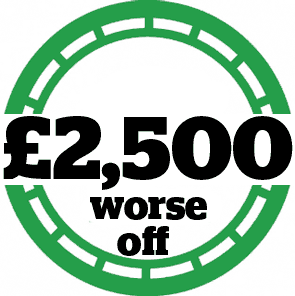
Workers are £2,500 worse off in real terms than they were in 2010.Even though inflation has fallen in recent months it is going to take years for wages to recover to their pre-recession levels. We can’t rely on low oil prices to deliver higher living standards – sustainable increases in household budgets rely on higher rates of pay growth (which are still well below pre-crisis trends).
|
|
|
|
|
|
|
|
|
|
|
|
|
|
Stay Updated
Want to hear about our latest news and blogs?
Sign up now to get it straight to your inbox

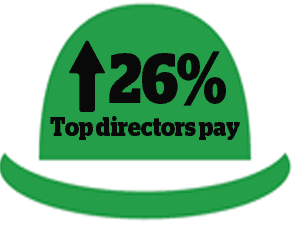
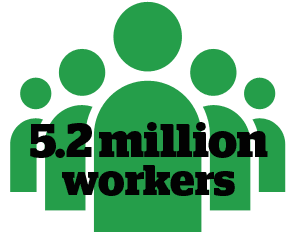
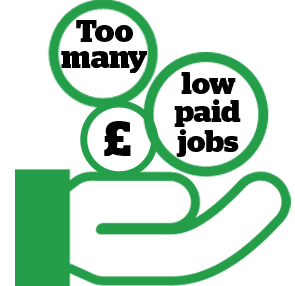

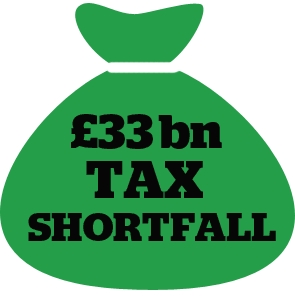
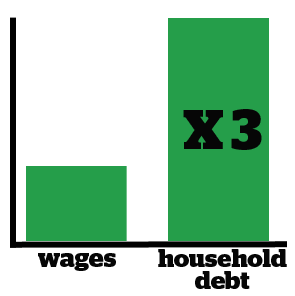
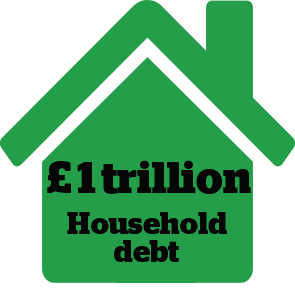 Household debt will be nearly £1 trillion higher under George Osborne’s plans
Household debt will be nearly £1 trillion higher under George Osborne’s plans